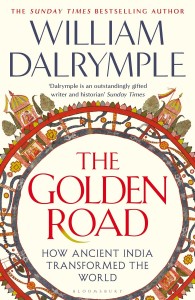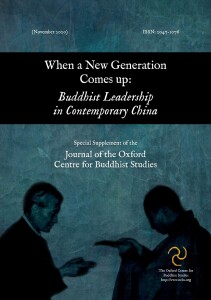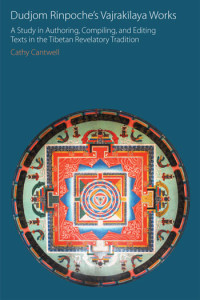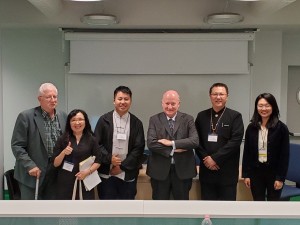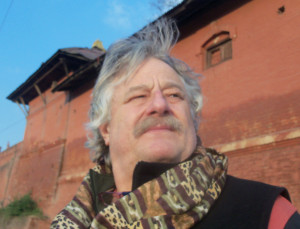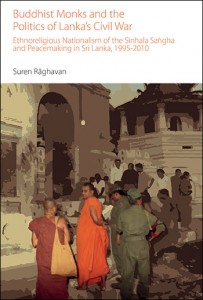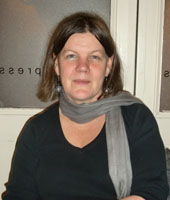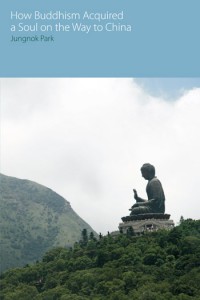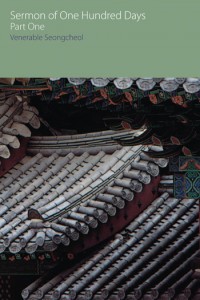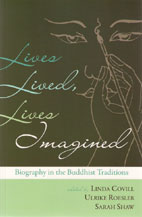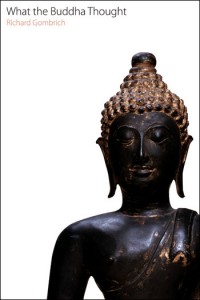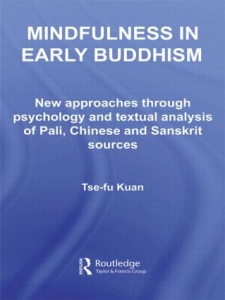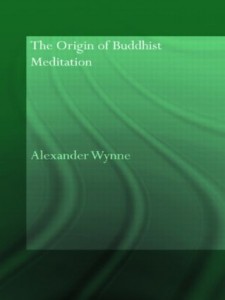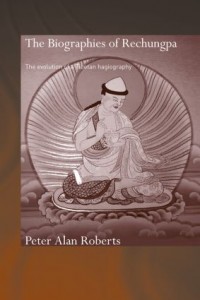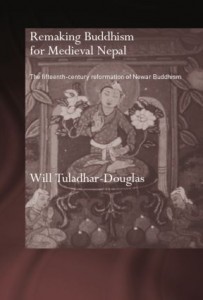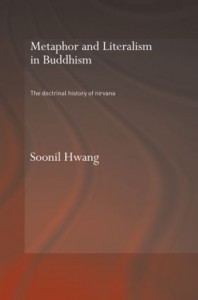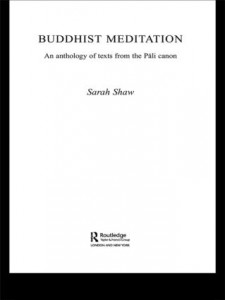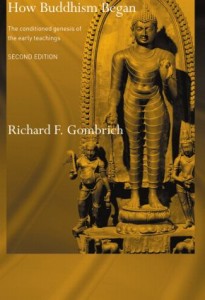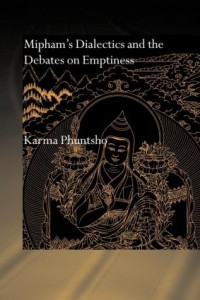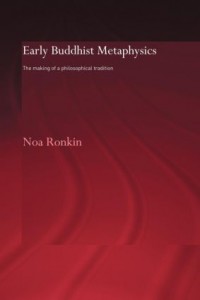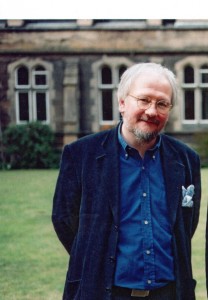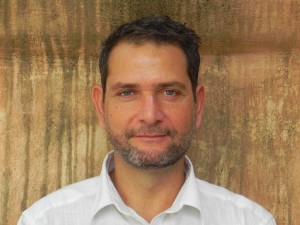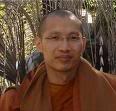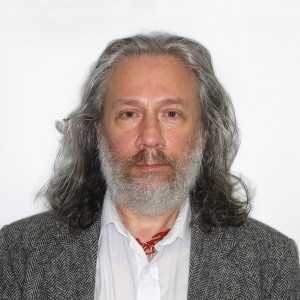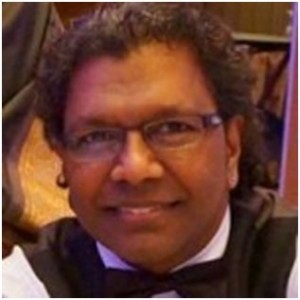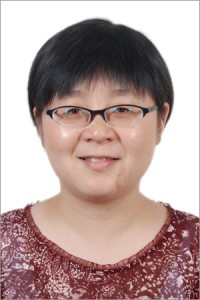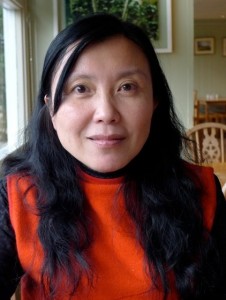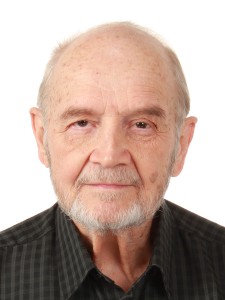Lance S. Cousins – Obituary
written by Sarah Shaw
With the death of Lance Cousins we have lost a man whose life was devoted to both the study and the practice of Buddhist meditation and theory. He will be deeply missed, and the effects of his life’s work long-lasting.
Lance Selwyn Cousins was born in 1942 in Hitchin, Hertfordshire, a place for which he always retained an affection, and where his family had been printers for several generations. He attended Letchworth Grammar and Hales Grammar. In 1961 he won a scholarship to read History at St John’s College, Cambridge. He changed to Oriental Studies, though a historical perspective never left his academic work. He studied with Professor Sir Harold Bailey and Professor K.R.Norman, both of whom left a mark on his scholarly methods and understanding. When he graduated he worked in computers, and then conducted research in Denmark. By this time he was married, and he and his wife Barbara had two children, Randal and Halla. In 1970 he obtained a job at the University of Manchester, in the Department of Comparative Religion, where he subsequently became Senior Lecturer.
Whilst at Cambridge, he had met the man whom he regarded as his lifelong teacher. Boonman Poonyathiro (1932–) had become a monk at an early age and trained at Wat Pailom in various forms of samatha practice at that time popular throughout Thailand. In 1963, now a layman, Boonman met Lance, who immediately decided to set up classes for him in London and then Cambridge. In Britain Boonman taught a variation on a traditional Thai practice based on samatha breathing mindfulness, the meditation said by the commentaries to have been undertaken by the Buddha on the night of the awakening. Lance instinctively felt that he had found a practice true to the Buddha’s original teachings on meditation, a conviction deepened by a lifetime’s practice and academic research. During this time Lance was involved with setting up the Samatha Trust and became its founding chairman (1973–1999). He worked on organization and class teaching, but his success perhaps lay most in the one-to-one discussion that lies at the heart of the way this form of meditation is taught. He remained a trustee all his life and regularly attended courses taken by Boonman.
In Manchester in the early seventies Lance enjoyed working with Professor John Hinnells, in a lively academic environment. As the only full-time member of staff teaching in the area of Indian religions he had a busy workload. He was also asked by one of his students to start a meditation class, which he did in 1971, with great success. So from this time teaching commitments were paramount, with those in academia and those with meditators working in tandem.
In 1977 Lance established a centre for Samatha practice in Manchester, on High Lane, Chorlton, and organized often extended visits by monks, nuns and lay teachers. The range of these demonstrated the interest he felt in the living Buddhist tradition: they included Ven. Anandamaitreya, Ven Piyadassa (Sri Lanka), Ajahn Chah, Ajahn Mahamanop (Thailand), and monks and nuns in the forest monastery tradition of the British Sangha Trust, including Ajahn Sumedho and Ajahn Viradhamma. The Burmese monks Ven U Titthila and Ven U Ñāṇika were invited: Ven U Ñāṇika’s teaching on the Yamaka over an extended period brought Lance in the presence of what he felt was a living Burmese tradition of Abhidhamma teaching. Guests from Cambodia were Ven Dhammavara and Ven Candavaṇṇa, a greatly esteemed student at Manchester University, who helped Lance in his early Abhidhamma and Sutta classes, linked to meditation. Ven Candavaṇṇa trained a few members of the group in the disciplines of Cambodian chanting, in which he was expert. Ananda Bodhi visited, as did Ato Rinpoche, and a Bhaisajyaguru initiation was held at the centre by the fourteenth Karmapa in 1978. Lance fostered links with the oldest Buddhist group in Britain outside London, the Manchester Buddhist Society, Sale, and with Saros, a philosophical group established by W.G.Davies. In 1986 a national Samatha Centre was founded in Greenstreete, Llangynllo, Powys; Lance frequently took courses and held meditation weeks there.
Whilst often busy with academic and personal teaching, Lance wrote some seminal articles, on oral literature, meditation and jhāna, during this time. He always felt, however, that he would like to pursue more academic research. The early nineties were a very difficult time for him, but after this period he did indeed do this. The circumstances were unhappy: his marriage broke up and the university became victim to radical changes. Lance took early retirement and in 2000 he moved to Oxford. He became a member of common room (2001–2007, 2009-2015) and a supernumerary fellow (2007–2009) at Wolfson College. He was made a member of the Faculty of Theology at Oxford University, where he taught and lectured on Pāli and Buddhist Studies. Lance thoroughly enjoyed academic life in Oxford, and his college. His given names were oddly apt: certainly on the outside a ‘Lance’, he was, on the inside, a ‘Selwyn’, ‘a friend in the house’ – or in college, organization, and family home. He was a regular attender at Wolfson, and Sanskritists’ lunch. He was a staunch supporter of the Oxford Centre for Buddhist Studies, set up by Professor Richard Gombrich, and became an honorary fellow. He was also delighted when Ajahn Dhammasāmi established the Oxford Buddha Vihāra. Some chanting was performed for him there on his 70th birthday.
At Oxford he undertook a considerable amount of academic work, though continued to teach and hold courses in samatha meditation, both for those in Wales and, in ventures he greatly enjoyed, for newly founded groups in Northern Ireland and America. He wrote extensively on Abhidhamma, Buddhist meditation, Pāli, Middle Indian and Buddhist Sanskrit textual studies, and the history of early Buddhist schools, particularly in the Southern Buddhist Tradition. Always primarily interested in the common sources of the modern meditative traditions, he had a special interest in Sanskrit Buddhist sources. He was working on a number of projects at the time of his death, a situation he patently enjoyed. He did not complete his translation of the Abhidhammāvatāra. A long-term planner, however, he left complete drafts of two books: a translation of the Yamaka and its commentary with Charles Shaw, and a history of aspects of Buddhist meditation. He knew that after two major heart attacks he might not see these published. After his move he sustained his strong connections with the living traditions in South and Southeast Asia. He spent periods of practice, teaching and research in Sri Lanka and Thailand and encouraged the Samatha group learning chanting with Ajahn Maha Laow to make tours in Thailand. In all, his death, the day after completing teaching of a five-term Pāli course, finally studying the commentary of Jarasutta (the ‘Discourse on Old Age’), came at a time of contented study, discussion and teaching.
His body remained at the Oxford Buddha Vihāra before his funeral, where full funerary Abhidhamma chanting was performed. Ajahn Dhammasāmi presided over his funeral, which included chanting, recital of the Mettā Sutta in English, and recollections from his daughter. At the reception at Wolfson afterwards, Professor Richard Gombrich discussed his career as an academic, Dr Paul Dennison his association with the Samatha Trust, Professor Rupert Gethin his role as a teacher, and Dr Rajith Dissanayake his strong Sri Lankan connections. The family recounted memories from childhood.
It is an odd thing when someone that you have known for a long time dies, as if only at death you see that person’s life as a whole, as you only see the full boat as it leaves the port. A funeral is a time when this becomes strangely possible, as one sees so many parts in a person’s life coming together. At Lance’s funeral many strands interacted, and all just looked very happy to have had a chance to know him. A theme that recurred was Lance’s careful distinction between academic work and private practice. This seems odd, but it was out of respect for both. The analogy that comes to mind is of the historian of an early musical instrument and the player. The historian wants to find out the detail of early materials that make up the composition of the instrument, the circumstances in which it was played, how and why the instrument developed, and notation for its music. The player just wants to play it better. For Lance, the instrument was the human mind and body. He helped people who wanted to find out about how the instrument was understood by early Buddhists, and the detail of its music. But he also helped people who wanted to find the right notes to play now. At his funeral, hosted by his children, all these parts came together so we could feel a harmonious whole; his life events, happy and sad, were recollected in an atmosphere of deep attentiveness. Barbara, his brother and sister, his extended family and all his seven grandchildren, of whom he was very proud, attended.
He died on March 14th, 2015. The hospital lost all records of him for a while afterwards and the family did not find out about his peaceful death, from his third heart attack, until five days later. As Dr Paul Dennison noted at his funeral, this was rather typical of Lance. For all his unbounded enthusiasm, quizzical wit, love of debate and conviviality, he could also be quietly traceless. After death his face apparently had that slight amused smile he sometimes had when some knotty puzzle was starting to become clear.
For his published work, see http://oxford.academia.edu/LSCousins |

